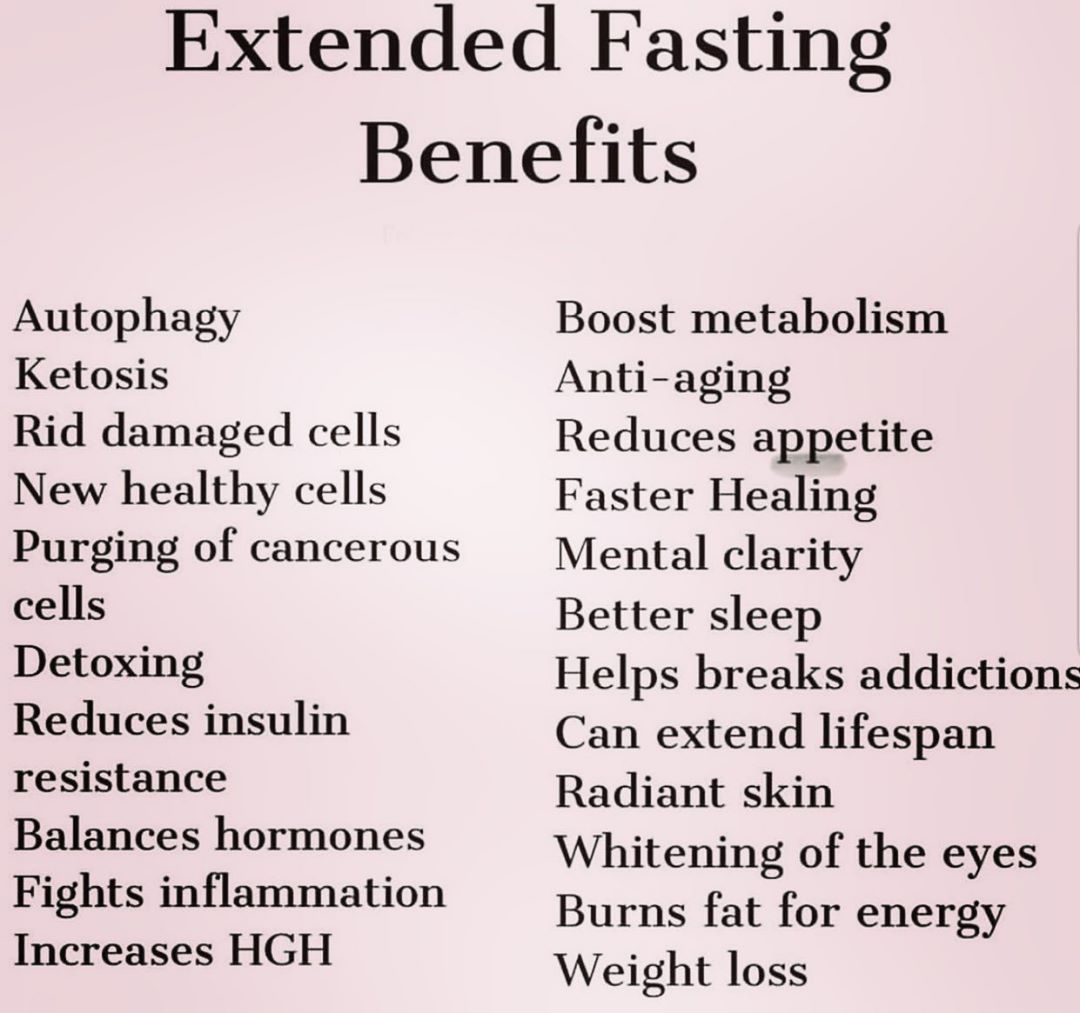The Benefits of Prolonged Fasting: Unlocking Health and Wellness
When it comes to improving health and wellness, there is a growing interest in the benefits of prolonged fasting. In this article, we will explore the various advantages that can be gained from incorporating prolonged fasting into your lifestyle. By understanding the science behind fasting and its impact on our bodies, you can unlock a multitude of benefits that can positively influence your overall well-being.
Understanding Prolonged Fasting
Prolonged fasting, also known as extended fasting or long-term fasting, involves abstaining from food for an extended period. While intermittent fasting typically involves shorter fasting periods, such as 16 hours, prolonged fasting generally refers to fasting for 24 hours or longer.
During prolonged fasting, your body undergoes several physiological changes. Initially, your body depletes its glycogen stores, which are the primary source of energy derived from carbohydrates. Once these glycogen stores are exhausted, your body transitions into a state called ketosis.
In ketosis, your body begins to break down stored fat for energy, producing molecules called ketones. This metabolic state has been associated with numerous health benefits, which we will explore further in the following sections.
Benefits of Prolonged Fasting
Enhanced Weight Loss
Prolonged fasting can be an effective tool for weight loss. When your body enters ketosis during prolonged fasting, it becomes more efficient at burning stored fat for energy. This can lead to accelerated weight loss, especially when combined with a balanced diet and regular exercise.
Improved Insulin Sensitivity
Insulin sensitivity is a crucial factor in maintaining stable blood sugar levels and preventing the development of conditions such as type 2 diabetes. Studies have shown that prolonged fasting can enhance insulin sensitivity, allowing your body to utilize insulin more effectively and regulate blood sugar levels more efficiently.
Cellular Repair and Autophagy
Prolonged fasting triggers a process called autophagy, which is the body’s natural mechanism for cellular repair and recycling. During autophagy, damaged cellular components are broken down and recycled, promoting overall cellular health. This process has been linked to a reduced risk of age-related diseases and improved longevity.
Reduced Inflammation
Inflammation is a natural response by the body to protect against injury or infection. However, chronic inflammation can contribute to the development of various diseases. Prolonged fasting has been shown to reduce inflammation markers in the body, potentially lowering the risk of chronic diseases such as heart disease, arthritis, and certain types of cancer.
Cognitive Benefits
Emerging research suggests that prolonged fasting may have cognitive benefits. Some studies have indicated that fasting can enhance brain function, improve mental clarity, and protect against age-related cognitive decline. Additionally, the production of ketones during fasting has been associated with increased brain energy and neuroprotection.

Prolonged fasting offers a range of benefits that can positively impact your health and wellness. From enhanced weight loss and improved insulin sensitivity to cellular repair and reduced inflammation, the advantages of incorporating prolonged fasting into your lifestyle are numerous.
It is important to note that prolonged fasting may not be suitable for everyone, especially those with underlying health conditions. It is always recommended to consult with a healthcare professional before embarking on any fasting regimen.
By understanding the science behind prolonged fasting and its potential benefits, you can make informed decisions about incorporating this practice into your life. Whether you choose to engage in intermittent fasting or opt for longer fasting periods, the key is to find a fasting routine that works best for you and aligns with your health goals.
Frequently Asked Questions
1. What is prolonged fasting?
Prolonged fasting refers to an extended period during which an individual abstains from consuming any food or caloric beverages.
2. How long does prolonged fasting typically last?
Prolonged fasting can vary in duration, but it commonly lasts for 24 to 72 hours or even longer.
3. What are the potential benefits of prolonged fasting?
Prolonged fasting has been associated with various benefits such as:
Enhanced cellular repair and autophagy
Improved insulin sensitivity
Weight loss and fat-burning
Reduced inflammation
Increased production of human growth hormone
Promotion of ketosis
4. Is prolonged fasting safe?
Prolonged fasting can be safe for healthy individuals, but it’s always recommended to consult a healthcare professional before attempting it, especially if you have any underlying health conditions.
5. Can prolonged fasting help with weight loss?
Yes, prolonged fasting can aid in weight loss by promoting fat-burning and reducing caloric intake.
6. Does prolonged fasting have any impact on metabolism?
Prolonged fasting can have a positive impact on metabolism by improving insulin sensitivity and encouraging the body to utilize stored fat for energy.
7. Can prolonged fasting help with detoxification?
While some proponents claim that prolonged fasting can aid in detoxification, there is limited scientific evidence to support this claim. The body already has natural detoxification processes in place.
8. Are there any potential risks or side effects of prolonged fasting?
Prolonged fasting may lead to side effects such as dizziness, fatigue, headaches, and muscle loss. It is crucial to listen to your body and discontinue fasting if you experience severe discomfort.
9. Can anyone engage in prolonged fasting?
Prolonged fasting may not be suitable for everyone, especially those with certain medical conditions, pregnant or breastfeeding women, and individuals with a history of disordered eating. It’s best to consult a healthcare professional before attempting prolonged fasting.
10. Should I break my fast gradually?
Yes, it is generally recommended to break a prolonged fast gradually by consuming easily digestible foods such as fruits, vegetables, or bone broth before returning to regular meals.




